Kenya leaders thrash out reforms after power-sharing pact
Kenya's rival camps on Friday began to tackle details of reforms.
Friday, 29.02.2008.
15:18

Kenya's rival camps on Friday began to tackle details of reforms. The move came after a power-sharing deal signed by President Mwai Kibaki and opposition leader Raila Odinga to end a bloody two-month crisis. Kenya leaders thrash out reforms after power-sharing pact The deal, which created the post of a prime minister and two deputies, drew praise from many Kenyans and the international community and signaled an end to one of the country's worst crises since independence in 1963. The African Union -- which initiated the talks last month -- welcomed the accord reached on Thursday and "encouraged the parties to fully implement the agreement." Residents of the Rift Valley town of Nakuru huddled around newsstands and discussed the pact, after political violence and tribal killings and reprisals that claimed at least 1,500 lives, particularly in Nairobi slums and the fertile west. "I feel that the deal was the best thing that could happen to Kenyans," said Gideon Nyongesa. "We are tired of the strife and animosity and it is now time to rebuild our economy," said the 54-year-old newspaper vendor and resident of Nakuru, which is still under a dusk-to-dawn curfew following post-electoral clashes. "I am happy that Raila finally got his due right," said Gideon Omondi, from Odinga's Luo tribe. The prime minister will be from the party with a parliamentary majority, which Odinga's Orange Democratic Movement holds since December 27 elections in whick Kibaki was declared winner of a presidential poll. Odinga accused Kibaki of stealing the vote and called for nationwide protests that tapped into old tribal resentments, mainly over the political and economic dominance of Kibaki's Kikuyu for decades. Kikuyus were forcefully evicted from many Rift Valley towns and hundreds of thousands of people were displaced in the east African nation. "Raila was the people's choice and it now feels good that our wishes are being respected," Omondi added. Kibaki has said the post of prime minister and two deputies will be created under the current constitution pending a comprehensive constitutional review in 12 months. Odinga said the new government, which he thought would be up and running by around the middle of March, would look to make significant constitutional, land and electoral reforms within its first year. "We've seen the ugly face of ethnic conflict in our country. So it is important for us to forge a firm foundation for a united country," he told the BBC in an interview. However, in a camp for the displaced in Naivasha, about 90 kilometers (55 miles) northwest of Nairobi and the last town to be hit by the tribal fighting, people were less optimistic. "Kibaki and Raila never fought, but its us the poor people who were attacked and our houses torched," said Joseph Nyamu, calling on the government to resettle them in safer areas. "Kibaki and Raila have never slept in the cold, hungry, and this agreement means nothing to us," said Alice Wangui, a Kikuyu mother of seven who was forced to separate from her Luo husband. Meanwhile, Kikuyu youth lynched an elderly Kalenjin man in Molo district in revenge for the killing of five Kikuyus early Thursday in the volatile area, local police commander Achesa Litabalia said. "The Kikuyus crossed over and wanted revenge. They lynched one person," said Ben Anjili, a resident. Former UN chief Kofi Annan, who brokered the deal after weeks of tough negotiations, resumed talks on long-term issues including land, constitutional and government reforms, and economic disparities among Kenyan communities. Washington, London, Tokyo and the UN chief Ban Ki-moon welcomed the deal and called for its swift implementation to save Kenya from fresh political agony. The crisis has also affected the economy, mainly weakening the tourism and agriculture sectors, and tarnished the country's reputation as an island of stability in a region beset by conflicts.
Kenya leaders thrash out reforms after power-sharing pact
The deal, which created the post of a prime minister and two deputies, drew praise from many Kenyans and the international community and signaled an end to one of the country's worst crises since independence in 1963.The African Union -- which initiated the talks last month -- welcomed the accord reached on Thursday and "encouraged the parties to fully implement the agreement."
Residents of the Rift Valley town of Nakuru huddled around newsstands and discussed the pact, after political violence and tribal killings and reprisals that claimed at least 1,500 lives, particularly in Nairobi slums and the fertile west.
"I feel that the deal was the best thing that could happen to Kenyans," said Gideon Nyongesa.
"We are tired of the strife and animosity and it is now time to rebuild our economy," said the 54-year-old newspaper vendor and resident of Nakuru, which is still under a dusk-to-dawn curfew following post-electoral clashes.
"I am happy that Raila finally got his due right," said Gideon Omondi, from Odinga's Luo tribe.
The prime minister will be from the party with a parliamentary majority, which Odinga's Orange Democratic Movement holds since December 27 elections in whick Kibaki was declared winner of a presidential poll.
Odinga accused Kibaki of stealing the vote and called for nationwide protests that tapped into old tribal resentments, mainly over the political and economic dominance of Kibaki's Kikuyu for decades.
Kikuyus were forcefully evicted from many Rift Valley towns and hundreds of thousands of people were displaced in the east African nation.
"Raila was the people's choice and it now feels good that our wishes are being respected," Omondi added.
Kibaki has said the post of prime minister and two deputies will be created under the current constitution pending a comprehensive constitutional review in 12 months.
Odinga said the new government, which he thought would be up and running by around the middle of March, would look to make significant constitutional, land and electoral reforms within its first year.
"We've seen the ugly face of ethnic conflict in our country. So it is important for us to forge a firm foundation for a united country," he told the BBC in an interview.
However, in a camp for the displaced in Naivasha, about 90 kilometers (55 miles) northwest of Nairobi and the last town to be hit by the tribal fighting, people were less optimistic.
"Kibaki and Raila never fought, but its us the poor people who were attacked and our houses torched," said Joseph Nyamu, calling on the government to resettle them in safer areas.
"Kibaki and Raila have never slept in the cold, hungry, and this agreement means nothing to us," said Alice Wangui, a Kikuyu mother of seven who was forced to separate from her Luo husband.
Meanwhile, Kikuyu youth lynched an elderly Kalenjin man in Molo district in revenge for the killing of five Kikuyus early Thursday in the volatile area, local police commander Achesa Litabalia said.
"The Kikuyus crossed over and wanted revenge. They lynched one person," said Ben Anjili, a resident.
Former UN chief Kofi Annan, who brokered the deal after weeks of tough negotiations, resumed talks on long-term issues including land, constitutional and government reforms, and economic disparities among Kenyan communities.
Washington, London, Tokyo and the UN chief Ban Ki-moon welcomed the deal and called for its swift implementation to save Kenya from fresh political agony.
The crisis has also affected the economy, mainly weakening the tourism and agriculture sectors, and tarnished the country's reputation as an island of stability in a region beset by conflicts.











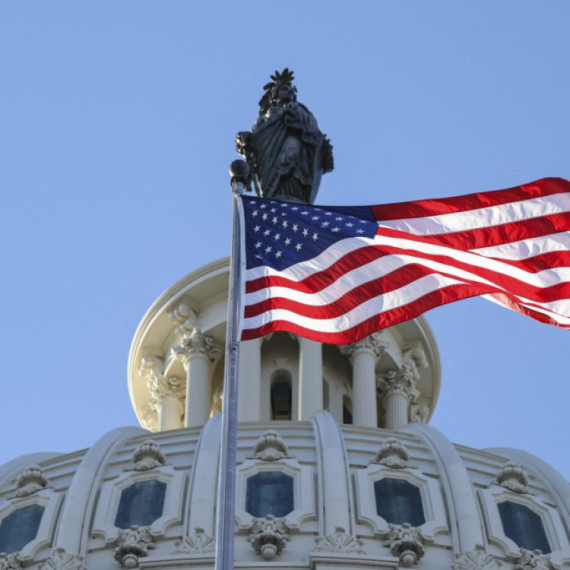

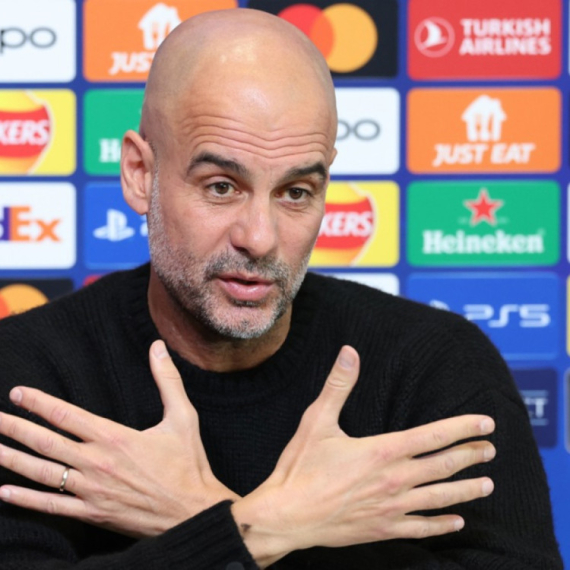

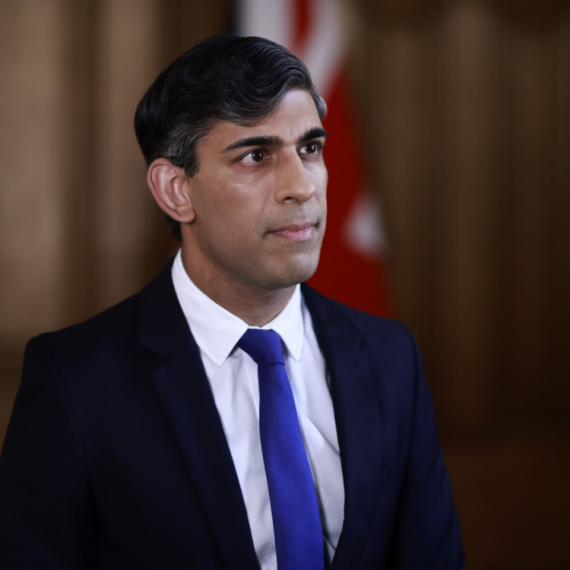
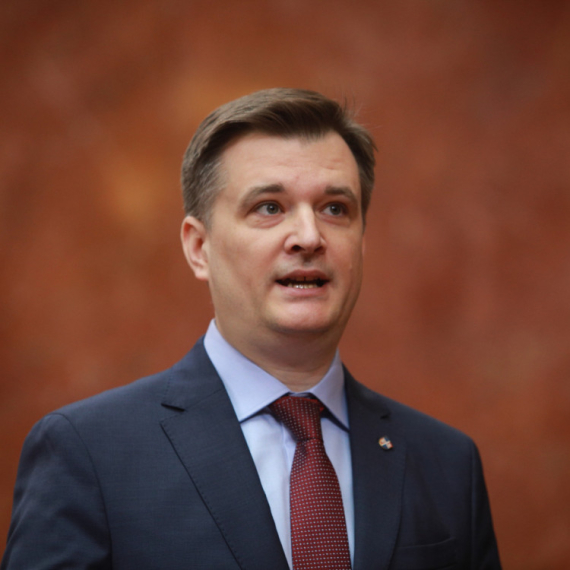

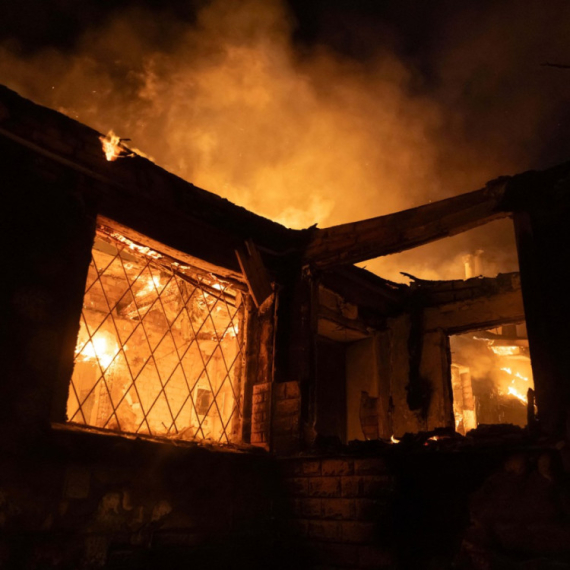



































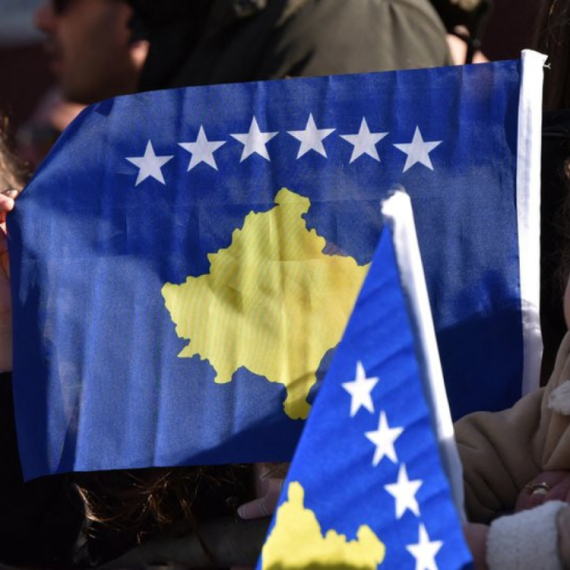





Komentari 0